Key Takeaways
- Unconventional rewards like bases, henchmen, and pets can enhance Dungeons & Dragons campaigns.
- Inspiration points, blessings, and knowledge can be valuable rewards in gameplay.
- Common items, fine food, clothing, and future character benefits are unique rewards.
A Dungeons & Dragons party is often rewarded for their adventures with the same things: gold coins and magic items. The problem with this (at least in D&D 5e rules) is that there aren’t too many useful things you can buy, and magic items tend to pale in comparison with basic class abilities.
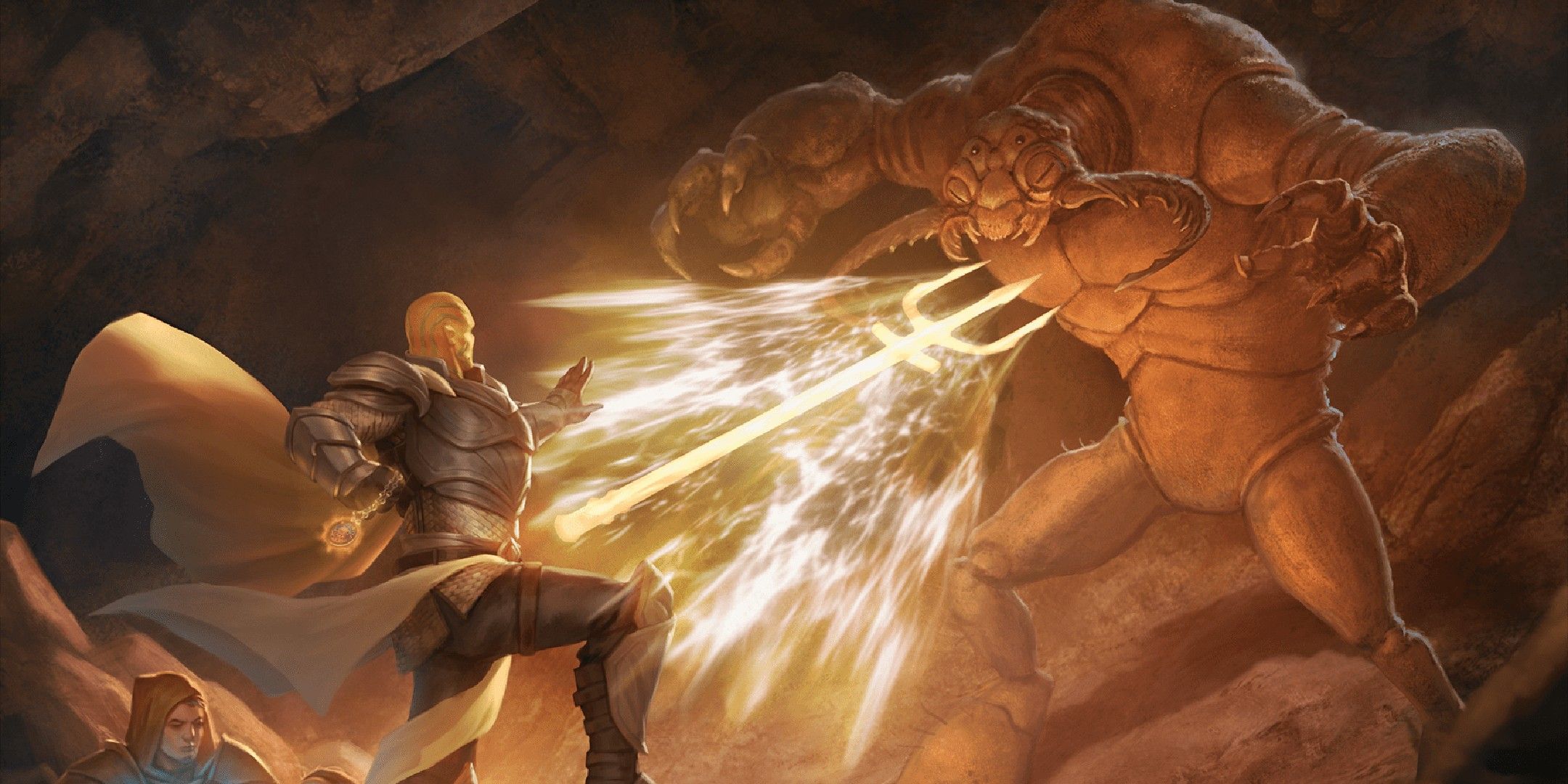
Related
Which Class Should Every D&D Party Have?
I say never leave the tavern without a Cleric, but if the groups I’ve DM’ed for over the years are any indication, the common wisdom seems to be that every party needs to have a Rogue.
If the DM is sick of the standard rewards that seemingly every D&D campaign gives out, then they should try some of these unconventional treasures to give out to the party. A player who is sick of the standard loot seen in so many official campaigns might appreciate an unconventional approach to their rewards.
10
A Base
Many D&D adventures involve going on epic journeys, but what about a campaign that involves protecting one place from harm? Frodo might have destroyed the One Ring, but his allies had to hold the fort in Rohan and Gondor. It’s here where DMs can use a campaign centered around maintaining a base.
How To Use A Base As A Reward
One way is to go the Suikoden 2 route: the players clean out an enemy castle, take it for themselves, and start filling it with allies. The DM can even use the Bastion rules in D&D’s 2024 update to let them flesh it out.
9
Inspiration
If a player makes a funny quip in battle, then it wouldn’t make sense for gold to shower them from the heavens. Instead, the DM can fuel their future escapades with better dice rolls, with Inspiration points that grant Advantage on a future attack roll, saving throw, or skill check.
How To Use Inspiration As A Reward
This can be doled out whenever a player makes the group laugh, does something really cool, or thinks outside of the box and solves a problem using an unconventional method. The DM then gives them an Inspiration point to be used later, either during the current session or throughout the campaign.
8
Henchmen
It’s one thing to own a base, but it will need staff to keep things running from day to day. These NPCs can act as the party’s retinue, helping them out when traveling, or maintaining their keeps and towers when they’re away.
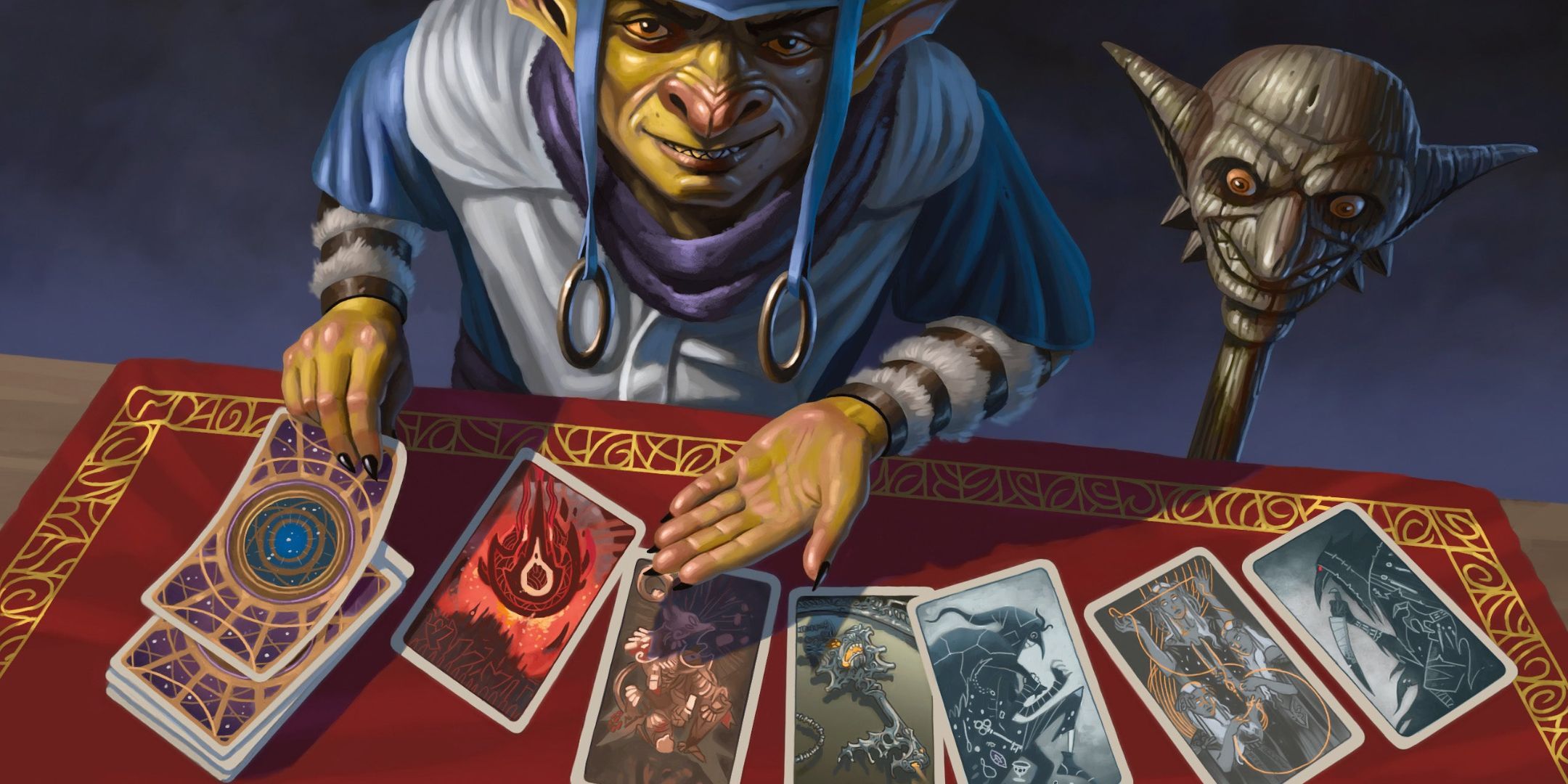
Related:
What Is Your Favorite Magic Item In Dungeons & Dragons?
This might be divisive, but I love the Deck Of Many Things. Don’t think of it as derailing the campaign, think of it as spawning a whole new one!
How To Use Henchmen As A Reward
As the party gains a reputation, they’ll have hangers-on looking to aid them or siphon off their glory. It’s here where DMs can give the heroes access to soldiers, mercenaries, cooks, squires, traveling musicians, scouts, apprentices, and medics. Even better, the players should be allowed to customize them to a degree, making them more memorable in their minds.
7
Pets
Having a humanoid henchman is all well and good, but the party is far more likely to form an emotional bond with an animal they encounter in the wild. Some of these will likely turn on them, as the ‘friendly-looking dog who is waiting to attack the party’ is one of the oldest tricks in the book, but the rest can be actual allies.
How To Use Pets As A Reward
It’s easy enough to find animal companions in the wilderness or to rescue them from captivity from the hands of evildoers. Then, the players can keep them as allies, who help forage for food and act as early warning detectors whenever the undead approach.
6
Blessings
The gods of the D&D multiverse are quick to throw their power behind their most active worshipers. In a D&D campaign, DMs can reflect this with the Blessings outlined in the Dungeon Master’s Guide. These are literal benefits granted from the heavens (or hells, depending on who the party serves) and can be extremely powerful.
How To Use Blessings As A Reward
If an adventure involves discovering, protecting, or rebuilding a temple, then a Blessing is an ideal reward. Alternatively, defeating followers of a rival deity can also be a great excuse to dole out Blessings, especially if the players serve a war deity.
5
Clothing
If the abundance of Baldur’s Gate 3 clothing mods has taught fans anything, it’s that people love fine fantasy clothing. This is a little harder to emulate in D&D, considering it’s all theater of the mind, but an artistic DM might be able to wow players with artwork depicting the duds they find in a dungeon.
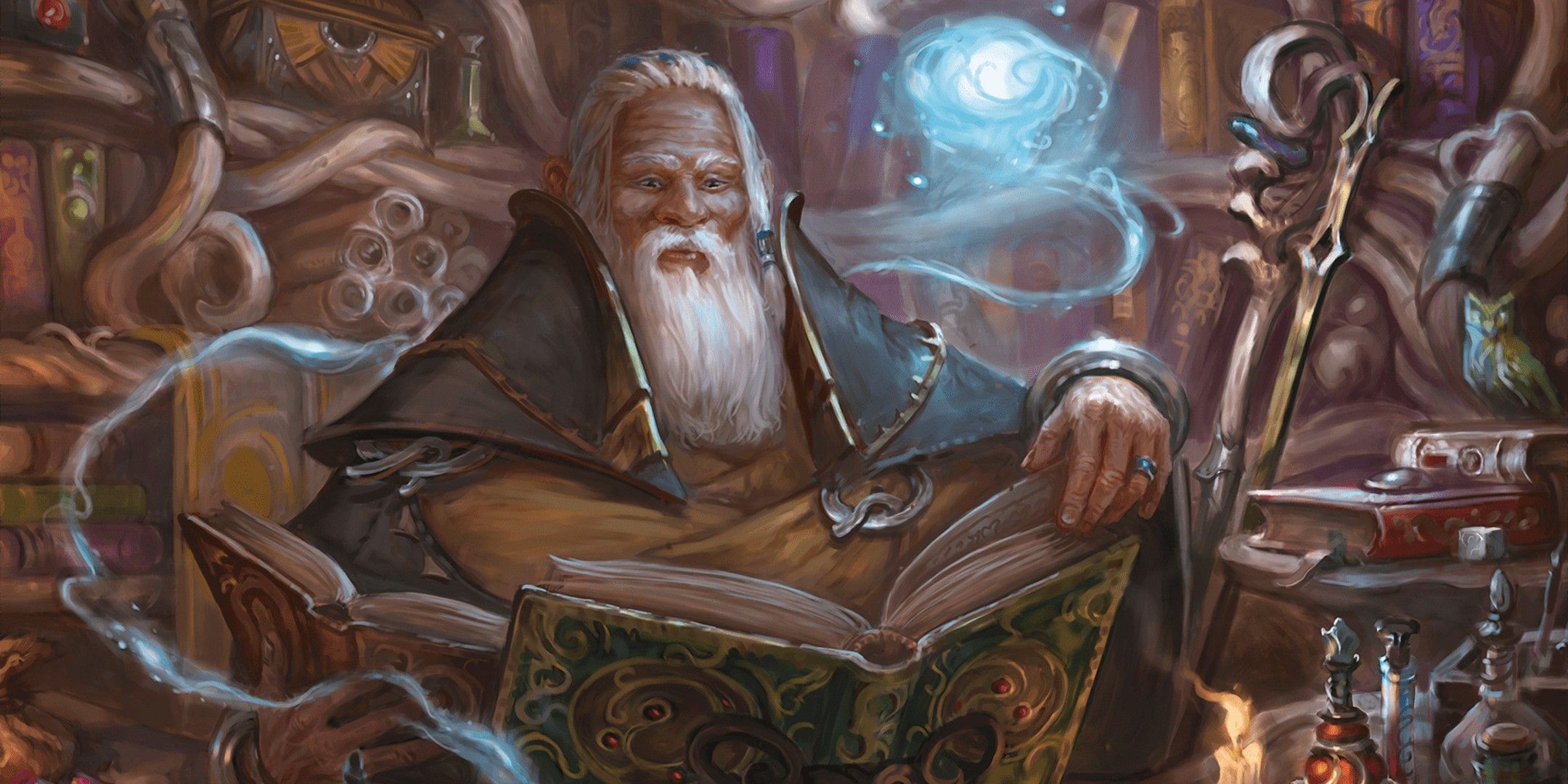
Related
How Rare Should Magic Items Be In Dungeons & Dragons?
I’m pretty stingy when it comes to magic items – lesser potions and +1 trinkets will turn up here and there, but I want anything more potent to feel wondrous and special, even if it’s just listed as uncommon in the DMG.
How To Use Clothing As A Reward
Clothes are perfect when the party is trying to impress NPCs, especially in a city campaign. A local Baron might not want a smelly party of murderhobos in their keep, regardless of how many spell slots they possess, but dressing the part is an easy way to open the right doors.
4
Fine Food And Drink
The people who spam the Goodberry spell to avoid tracking food supplies might not care about fine dining, but most people don’t want to live off a single berry every day, especially when there are better things growing on trees. So much of human history is connected to the food and drink trade, and the same can be true in a D&D campaign world.
How To Use Fine Food And Drink As A Reward
Giving characters high-quality food and drink is a great explanation for providing them with temporary hit points and other benefits. Seeking out rare ingredients to be used in specialty meals is also a great adventure or campaign hook in of itself.
3
Benefits For A Future Character
This can be an excellent incentive for long-running tables, either ones that use a long-running campaign set in the same world, or ones that switch things up and play different games over time. You earn something in the next game by completing tasks in the current one.
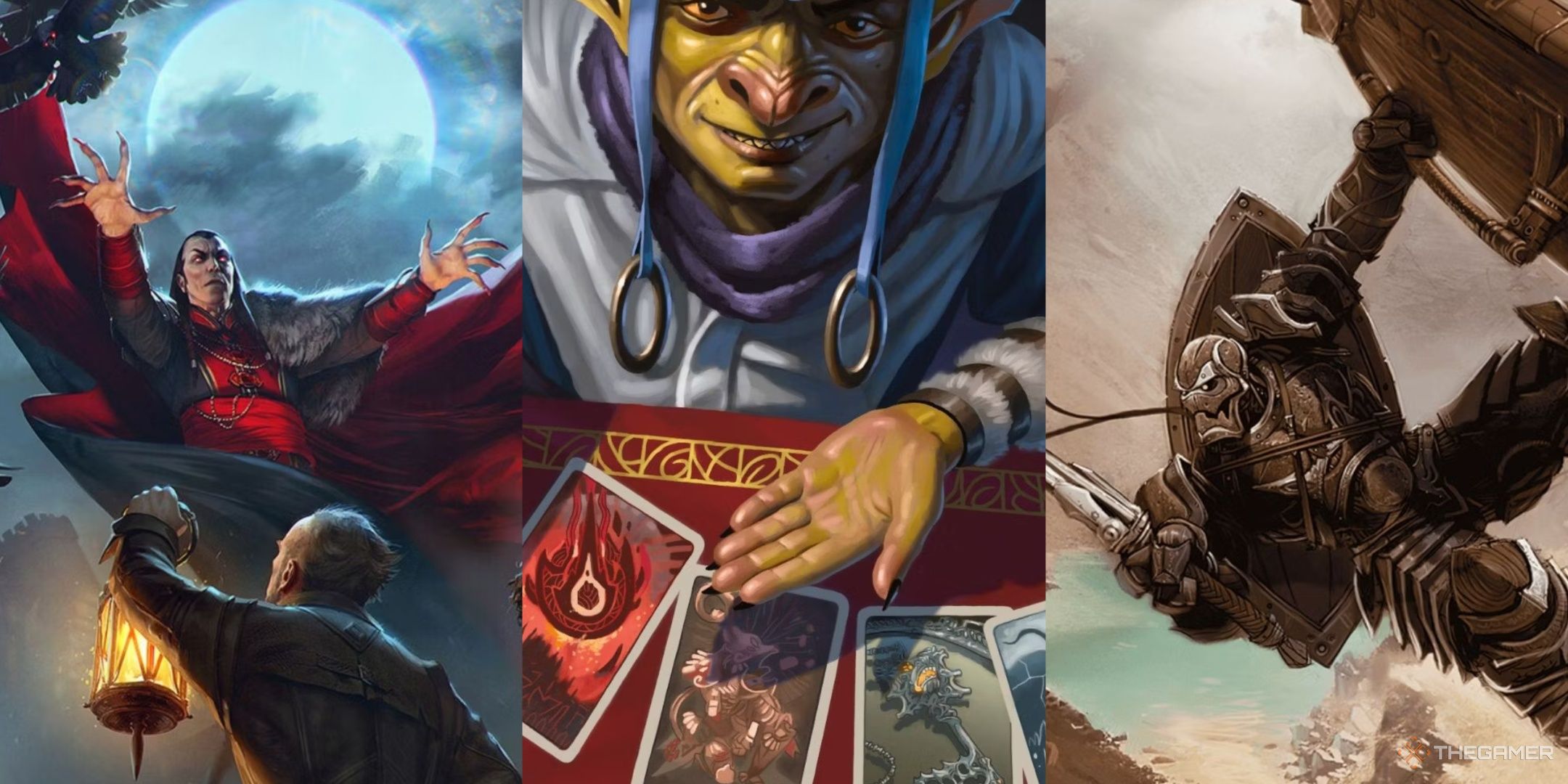
Related
Dungeons & Dragons: Hilarious Magic Items
Dungeons & Dragons would be nothing without its sprawling list of items, weapons, and pieces of lore. However, these items are downright funny.
How To Use Benefits For A Future Character As A Reward
In a D&D context, the current character could end up being a future parent or mentor figure to a future hero. By succeeding in their quest, they’re able to better help the next generation of heroes, either with bonus Feats, stat points, or access to a wider range of spells.
2
Common Items
While most D&D parties hunger for gold and magic items, there are still many benefits to the other useful items in the Player’s Handbook. A vial of oil might not be a Hackmaster +12, but it can still deal damage in combat, be used to set a trap or keep the party alive in cold weather.
How To Use Common Items As A Reward
Instead of finding traditional loot in a treasure chest, they find gear like Alchemist’s Fire, Caltrops, Healer’s Kits, Holy Water, Perfume, various poisons, and a bag of Iron Spikes. It’s up to the players to find a use for them.
1
Knowledge
Knowledge is power, especially in a D&D campaign. A dragon might be susceptible to spells and swords, but what about a corrupt duke? Okay, they probably can be stabbed, but the party will be arrested shortly after. It’s much better if the players can uncover their enemy’s crimes rather than going the Grand Theft Auto route.
How To Use Knowledge As A Reward
Information is vital to success in many D&D stories. If the campaign has political intrigue, a stealth mission that involves sneaking into a guarded fortress, or requires the players to work out a hidden language, then uncovering clues is the best reward the DM can give them.
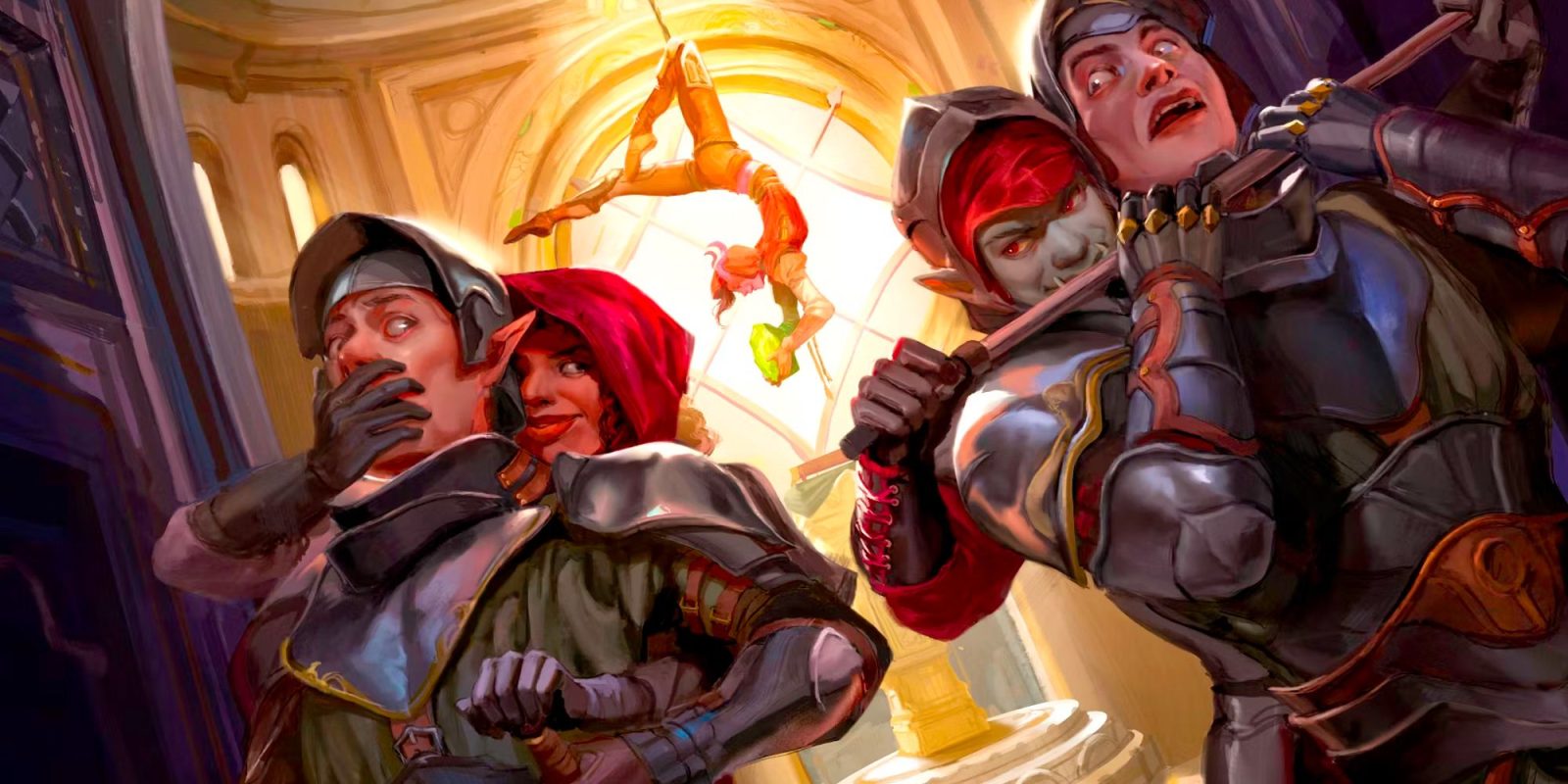
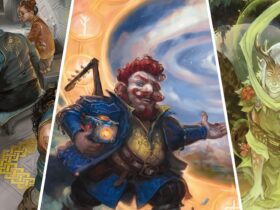
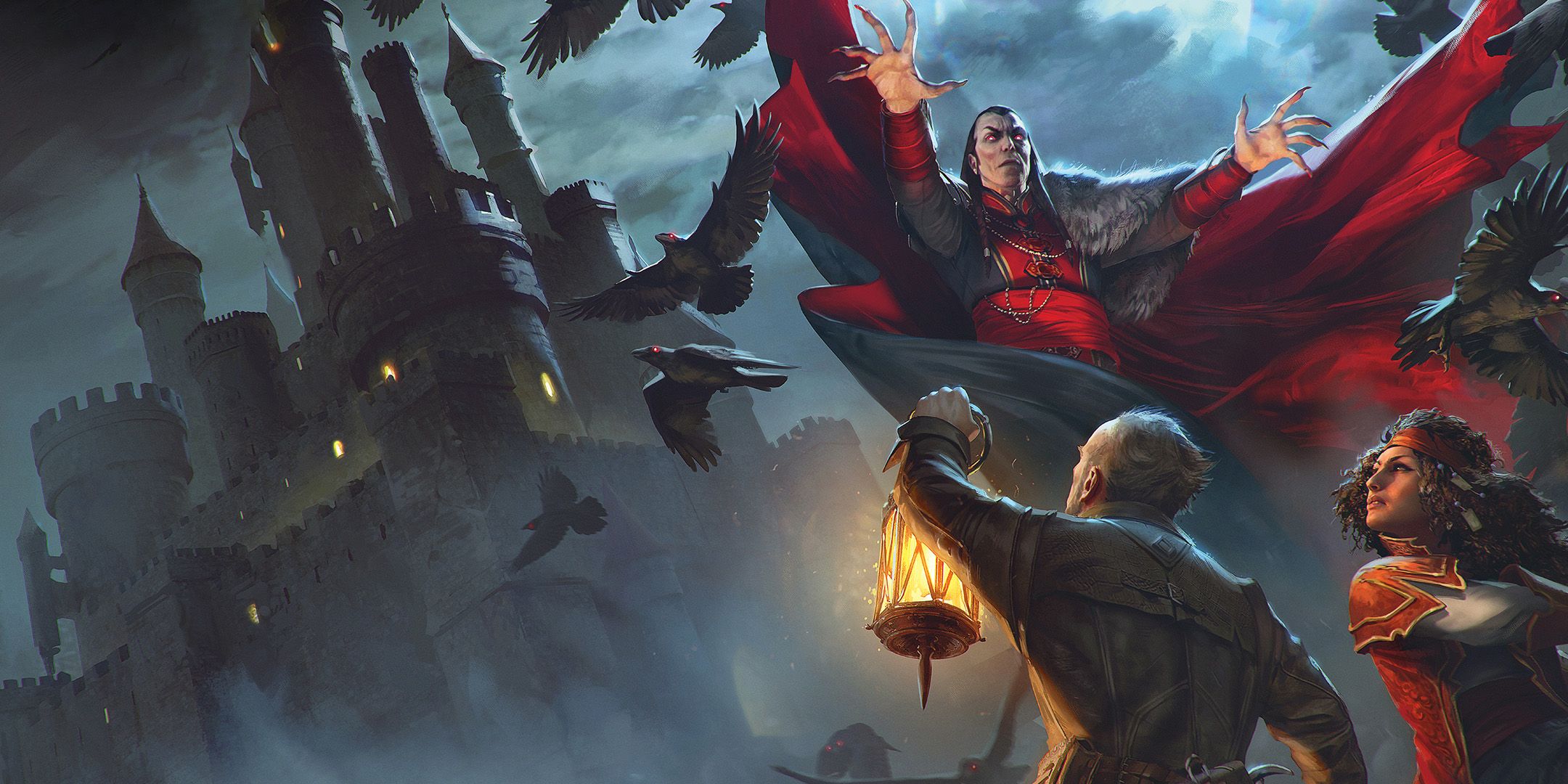
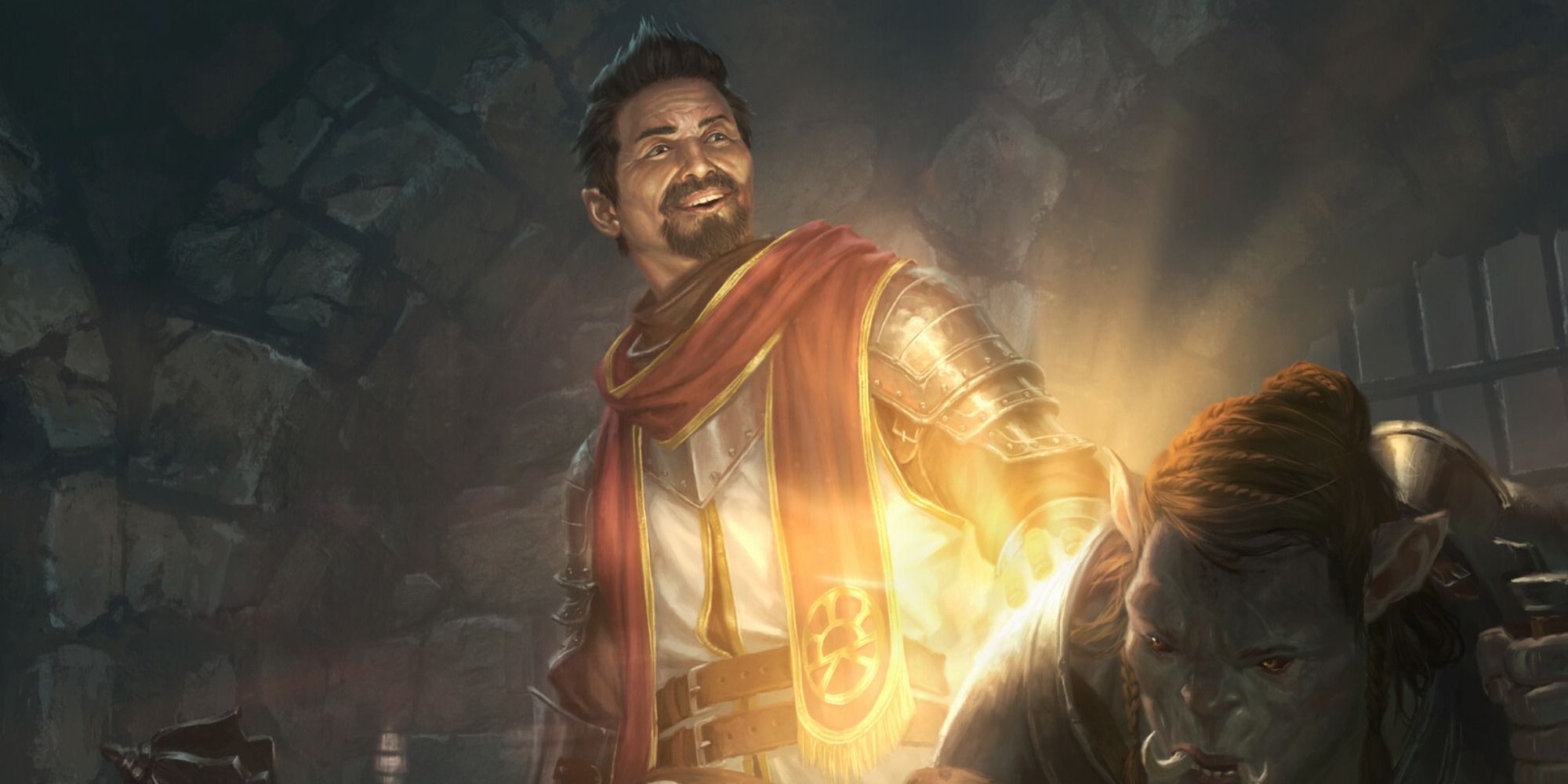
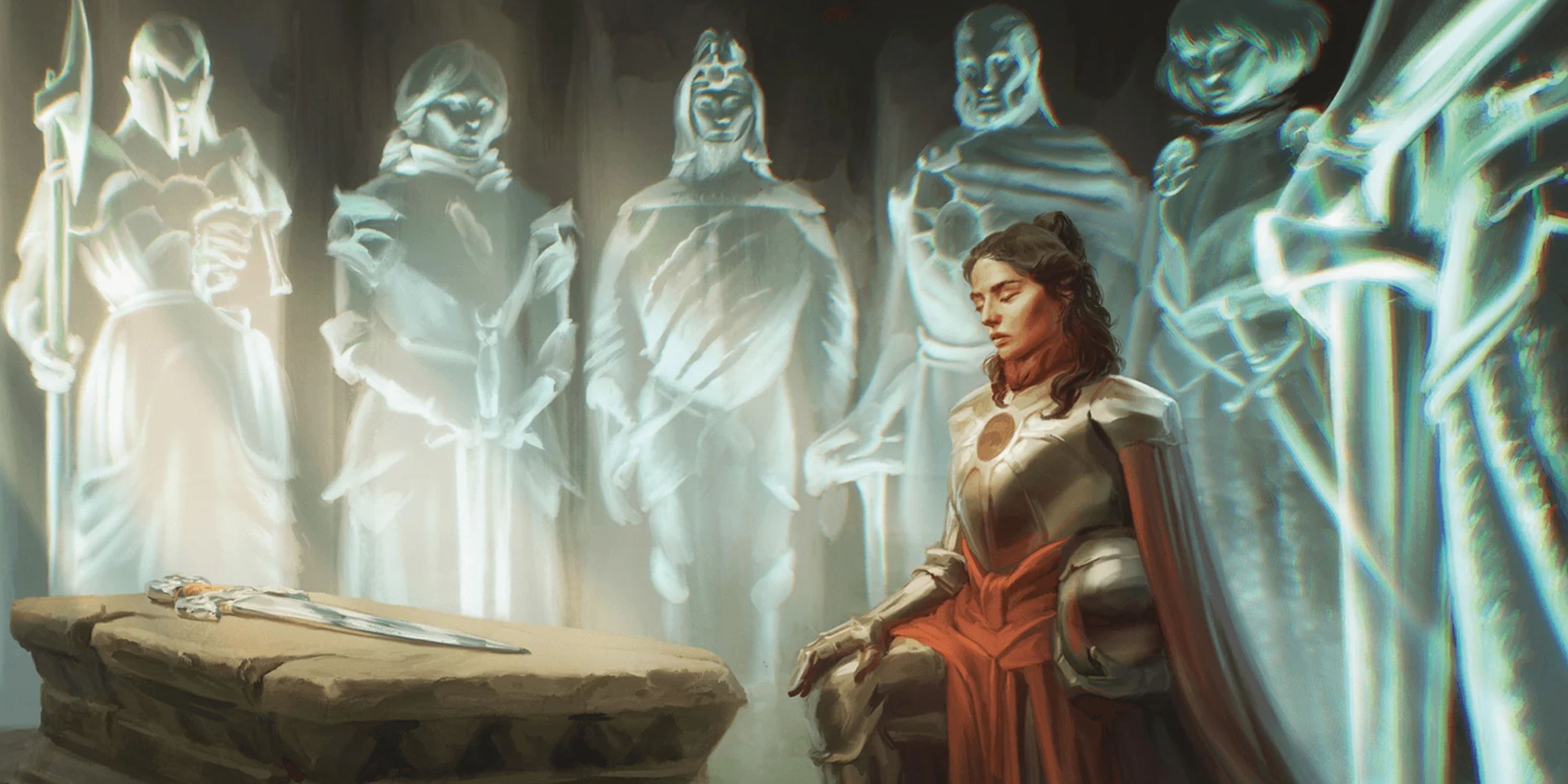
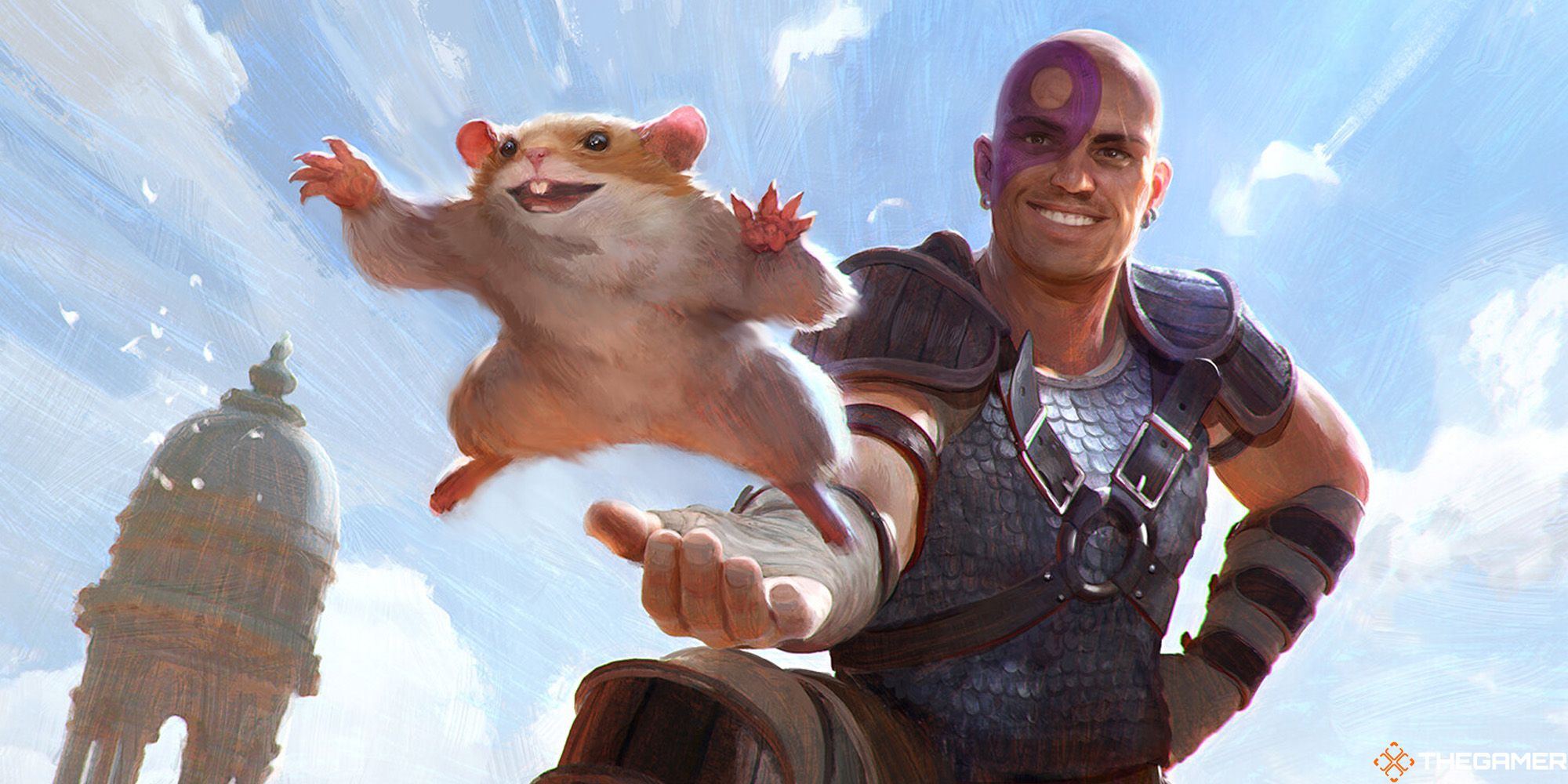
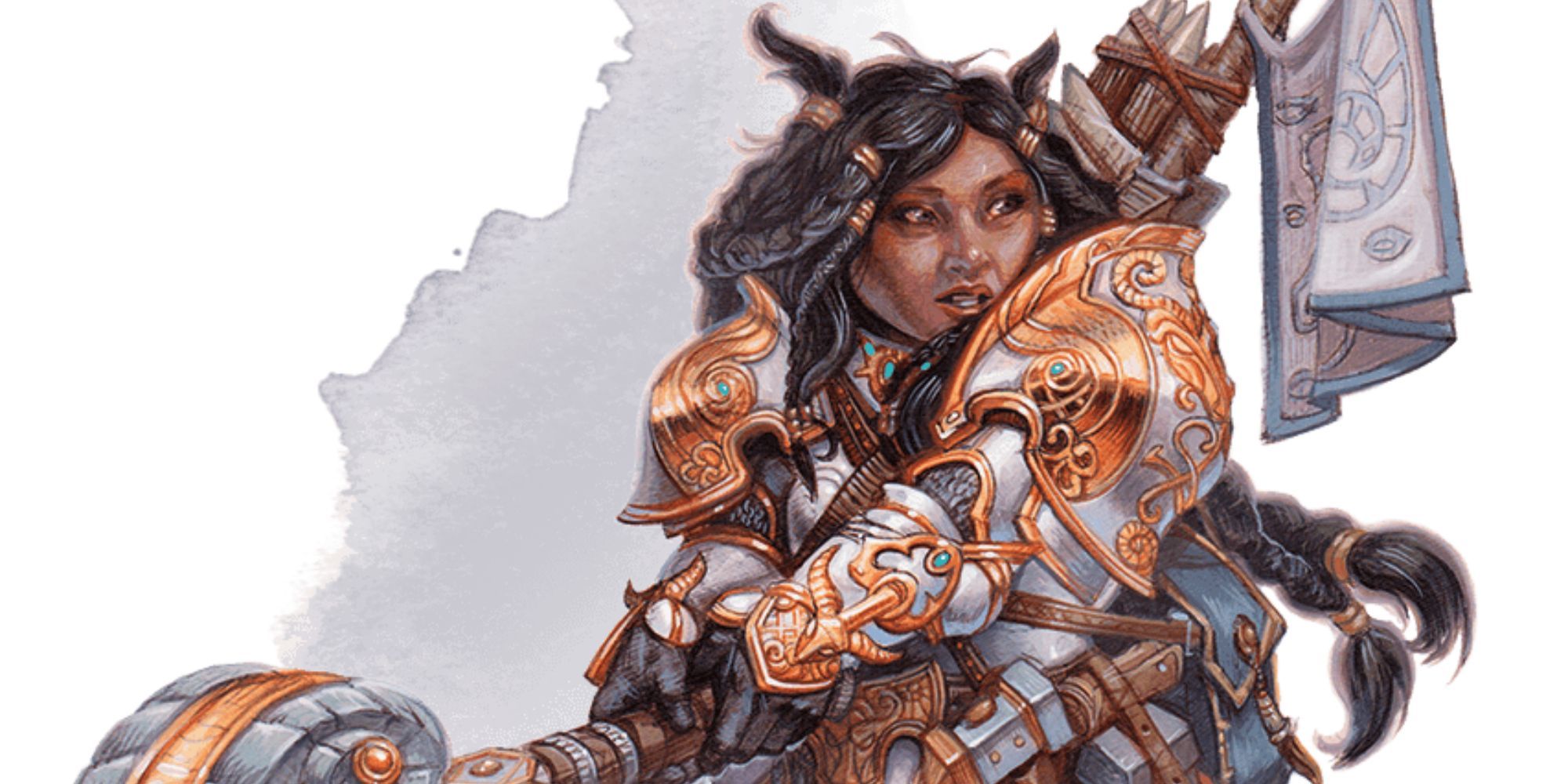
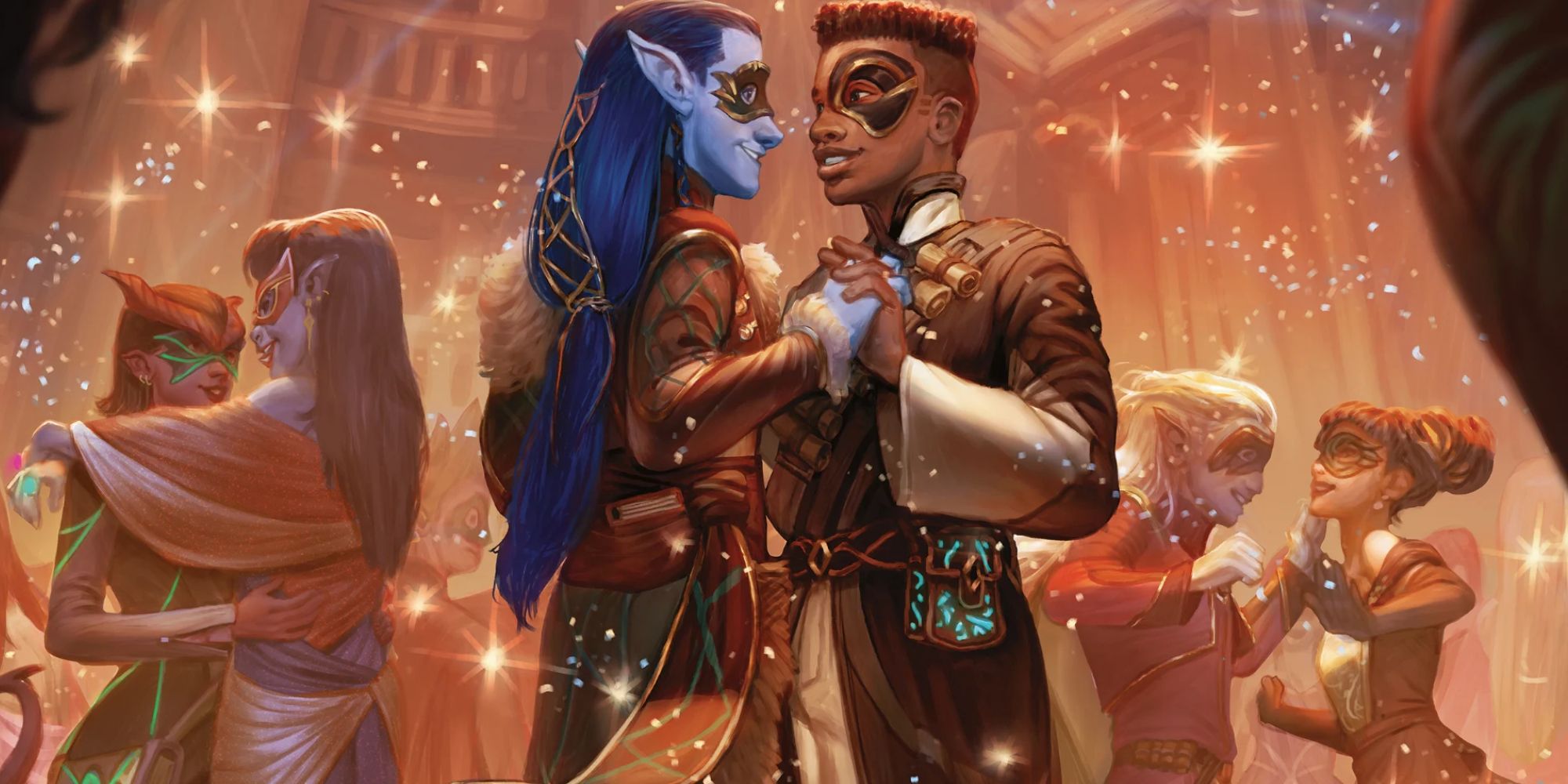
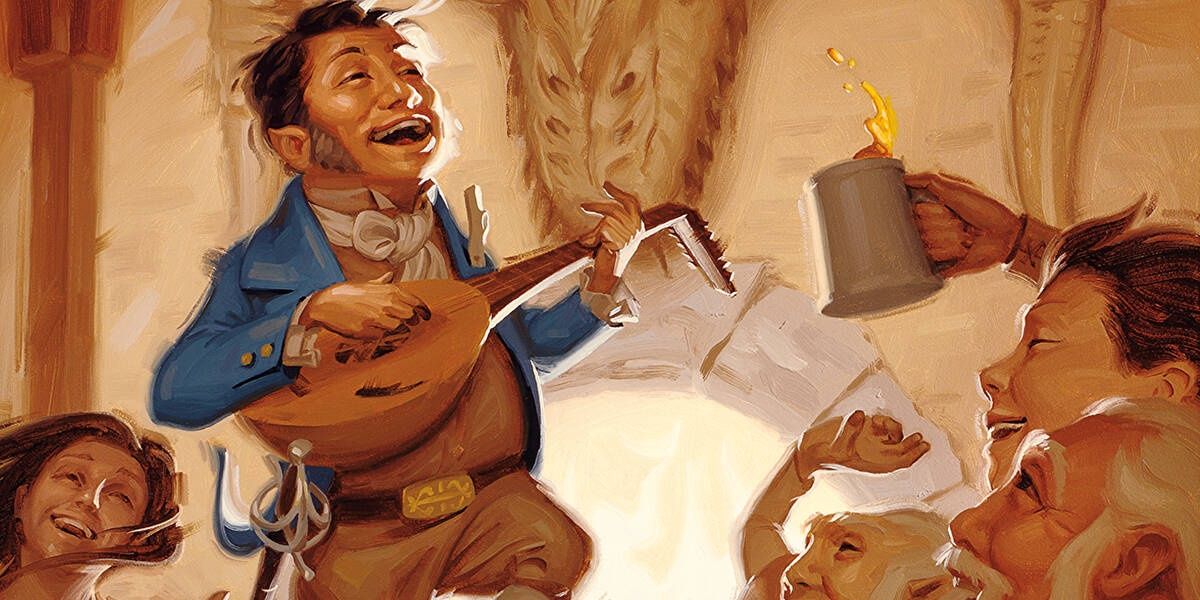
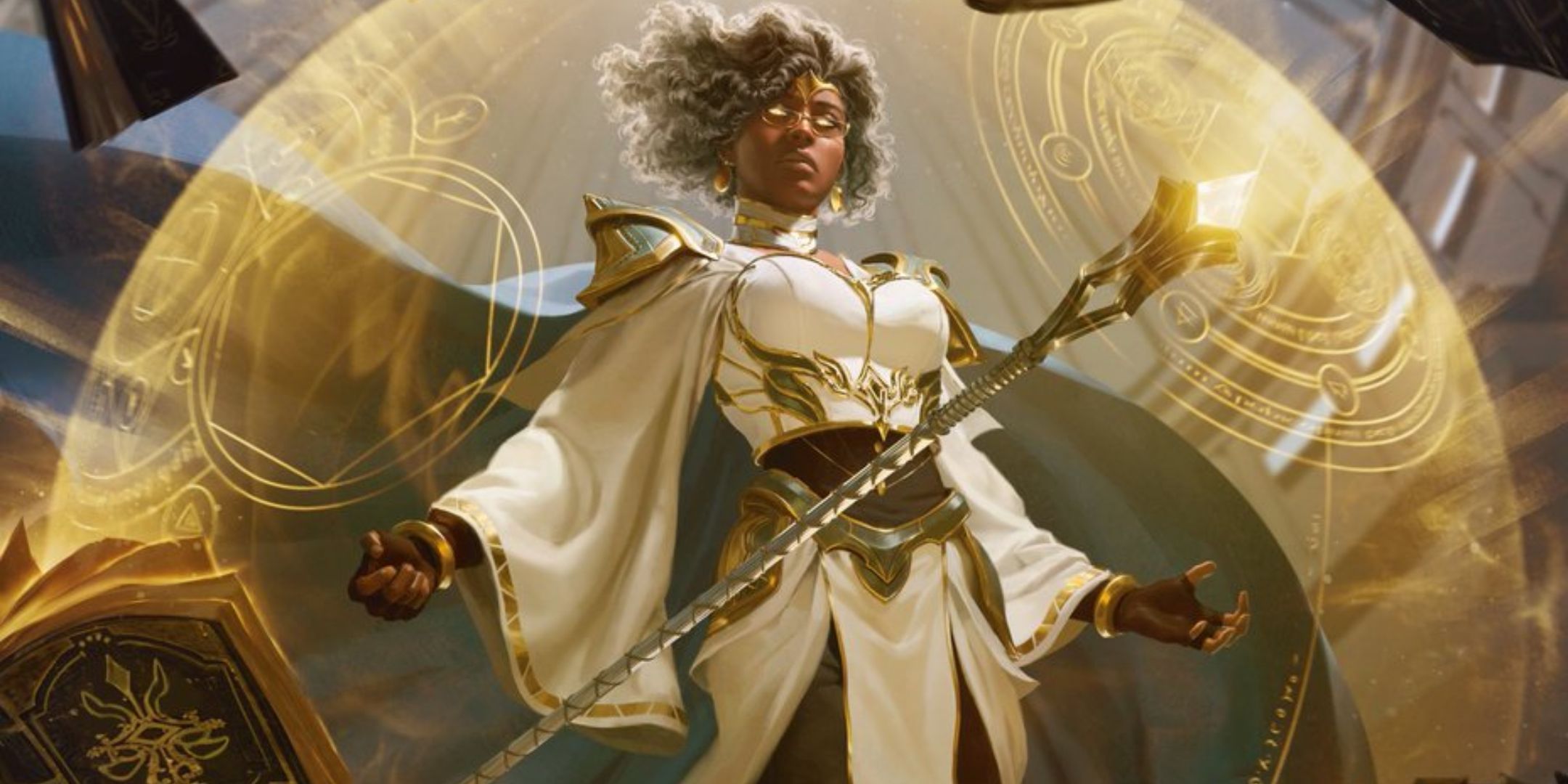
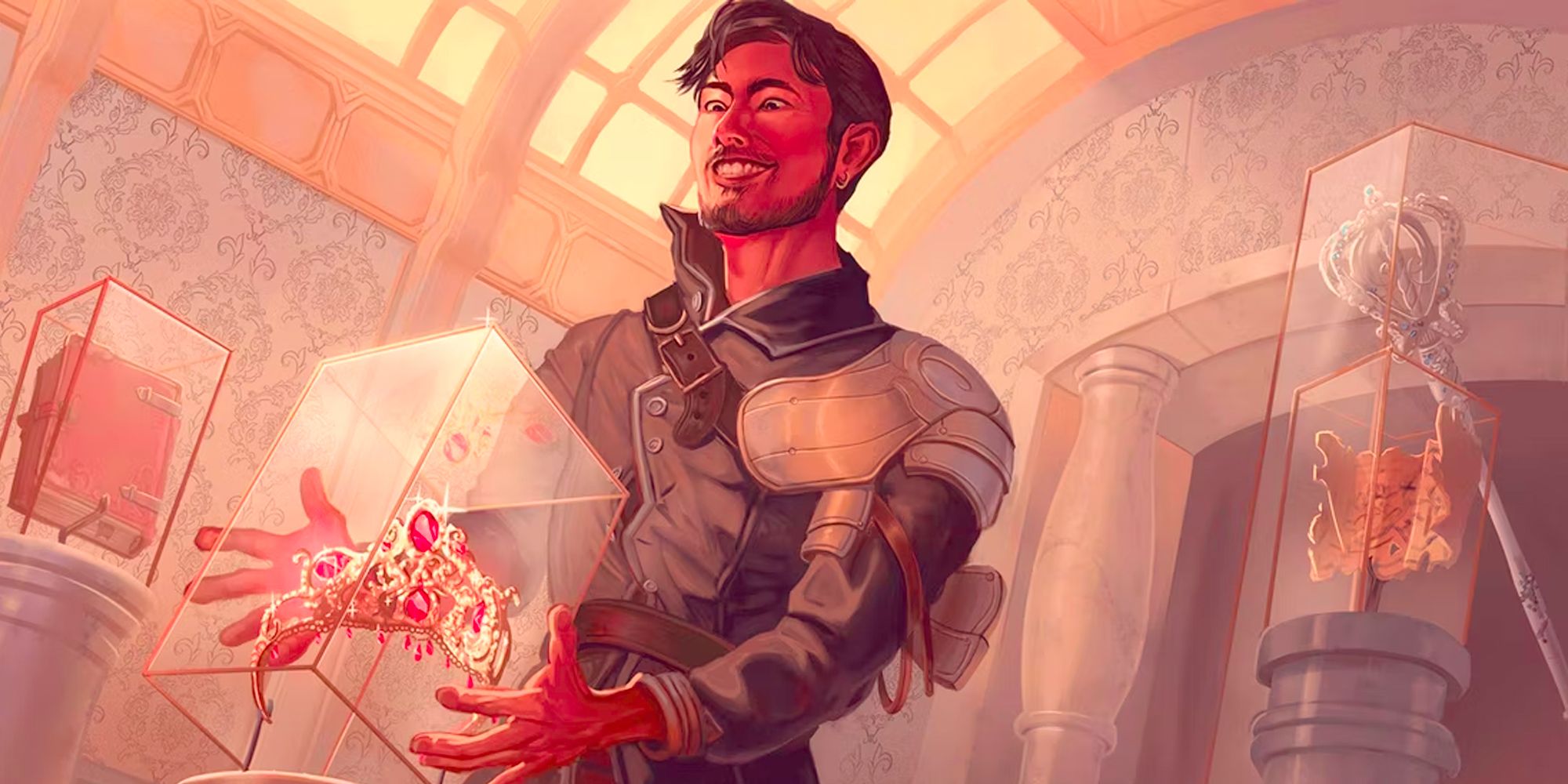
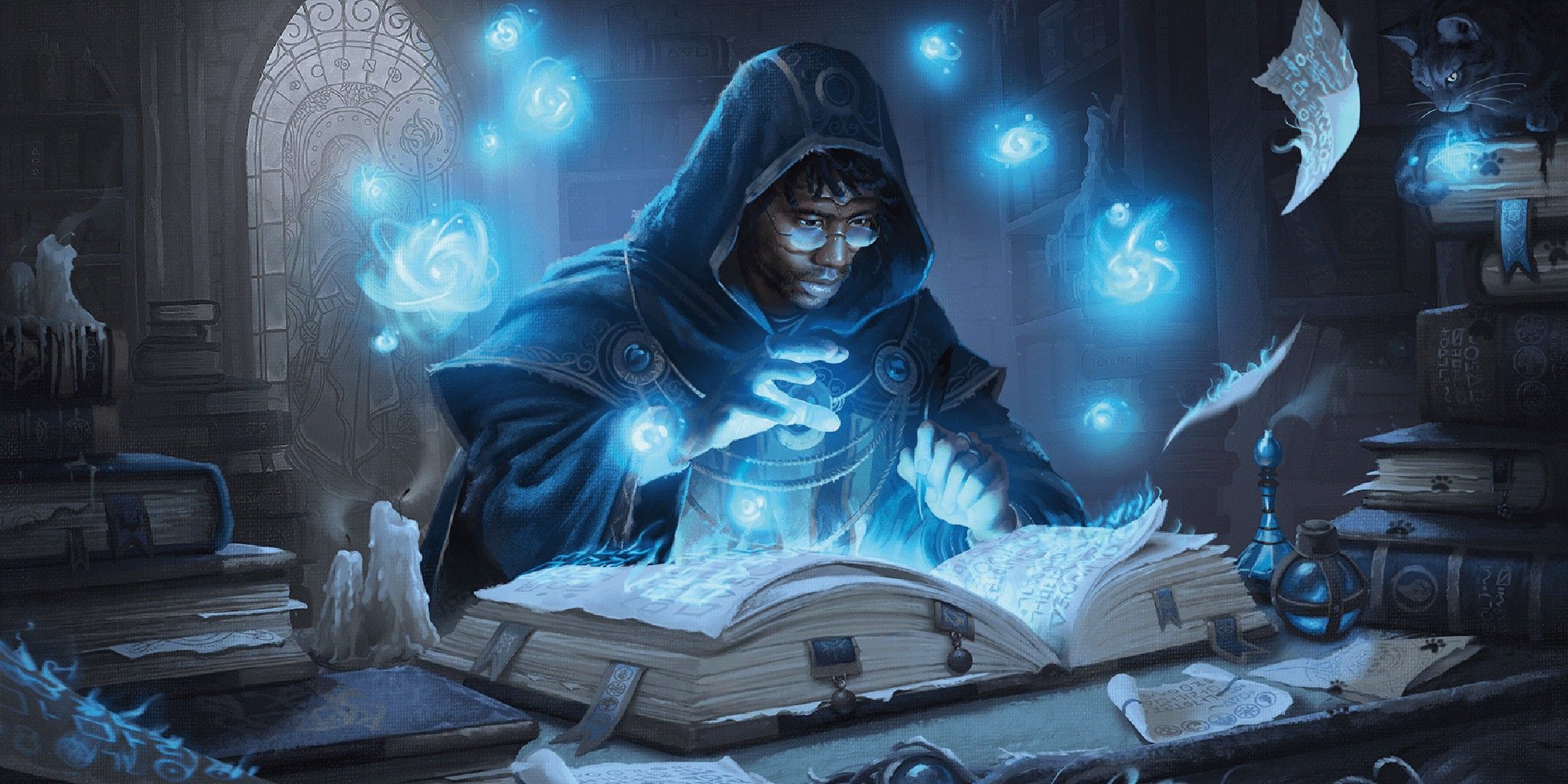
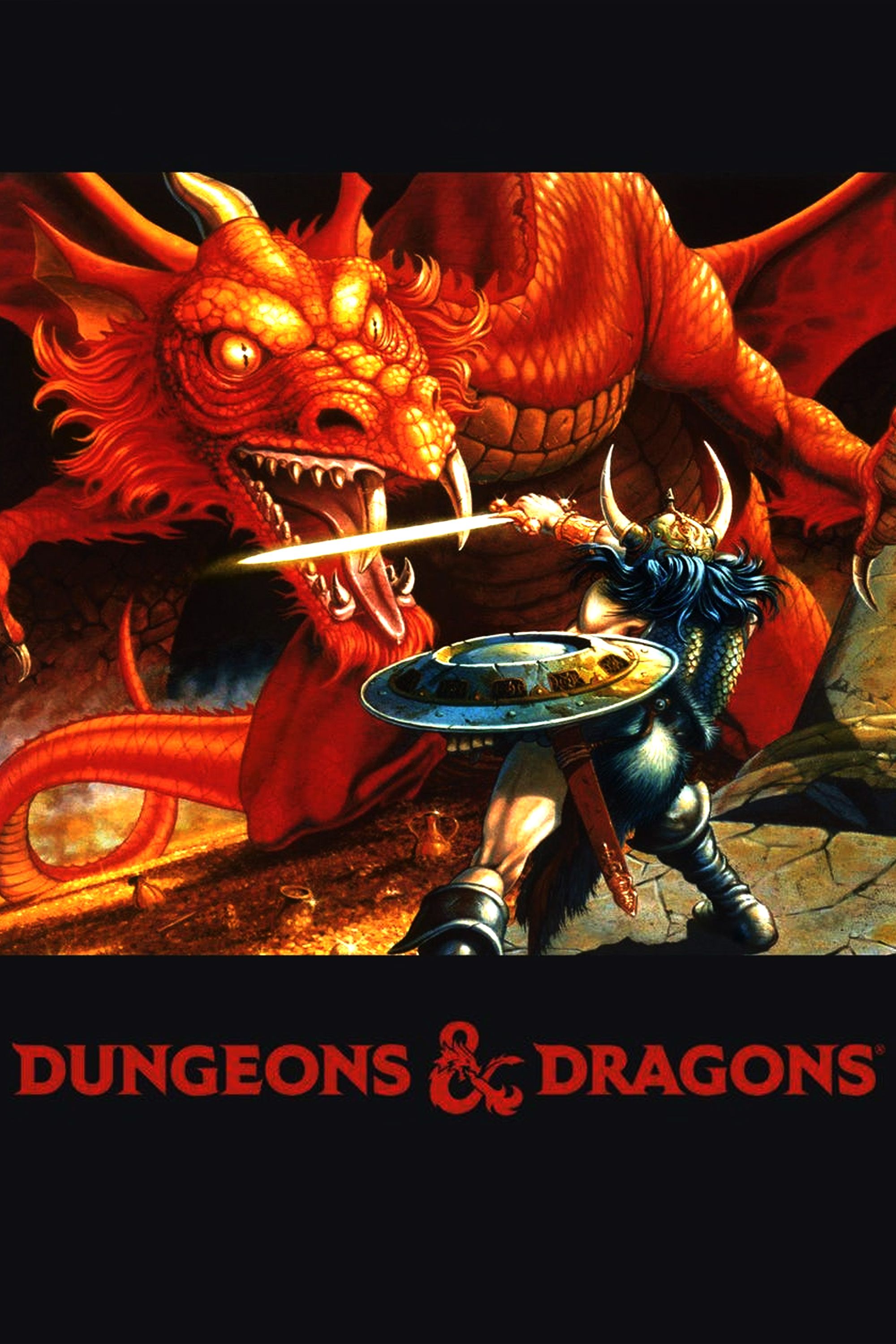


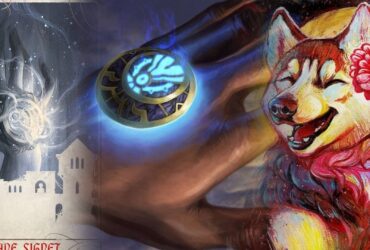
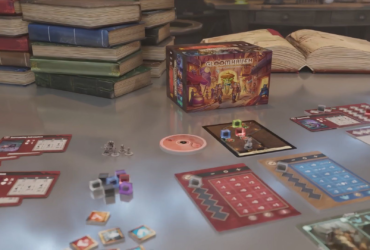
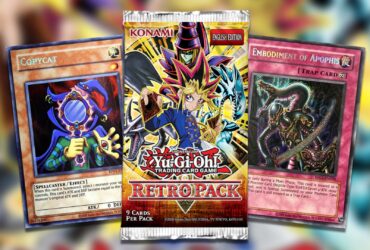

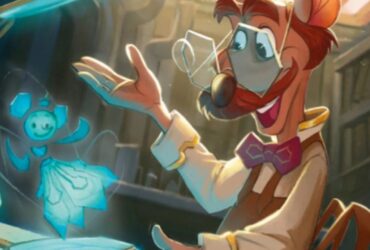
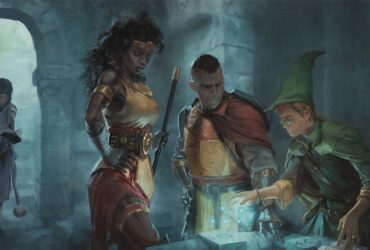
Leave a Reply